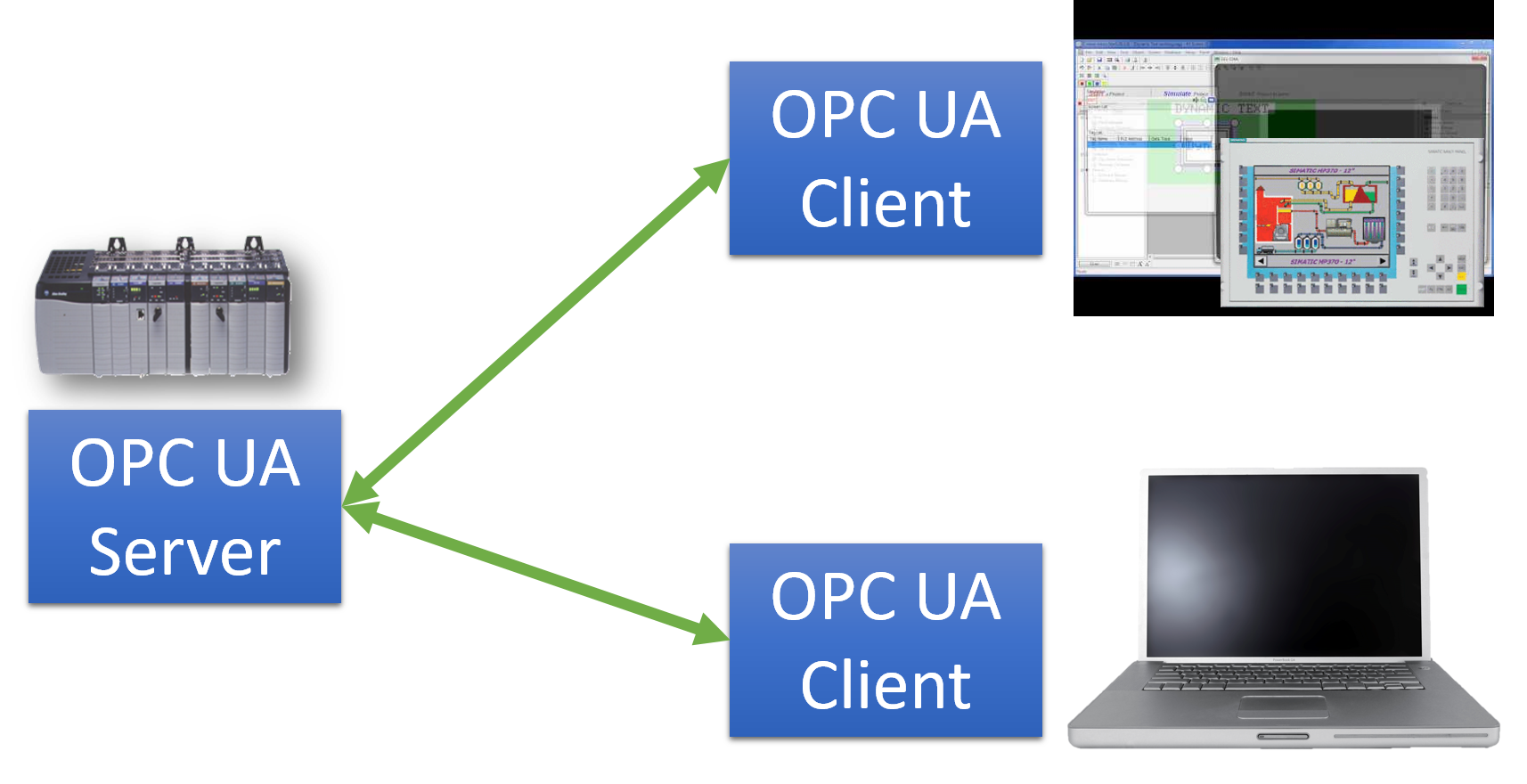It's common in the automation space to just throw out the term "OPC" without any qualifiers when talking about what a software solution supports with respect to open connectivity to other software. But what does "OPC" mean for your specific software solution?
This blog post will discuss how important it is to know what an OPC tunneling solution is actually compatible with when talking about "OPC" since not all tunneling solutions use the same methods.








